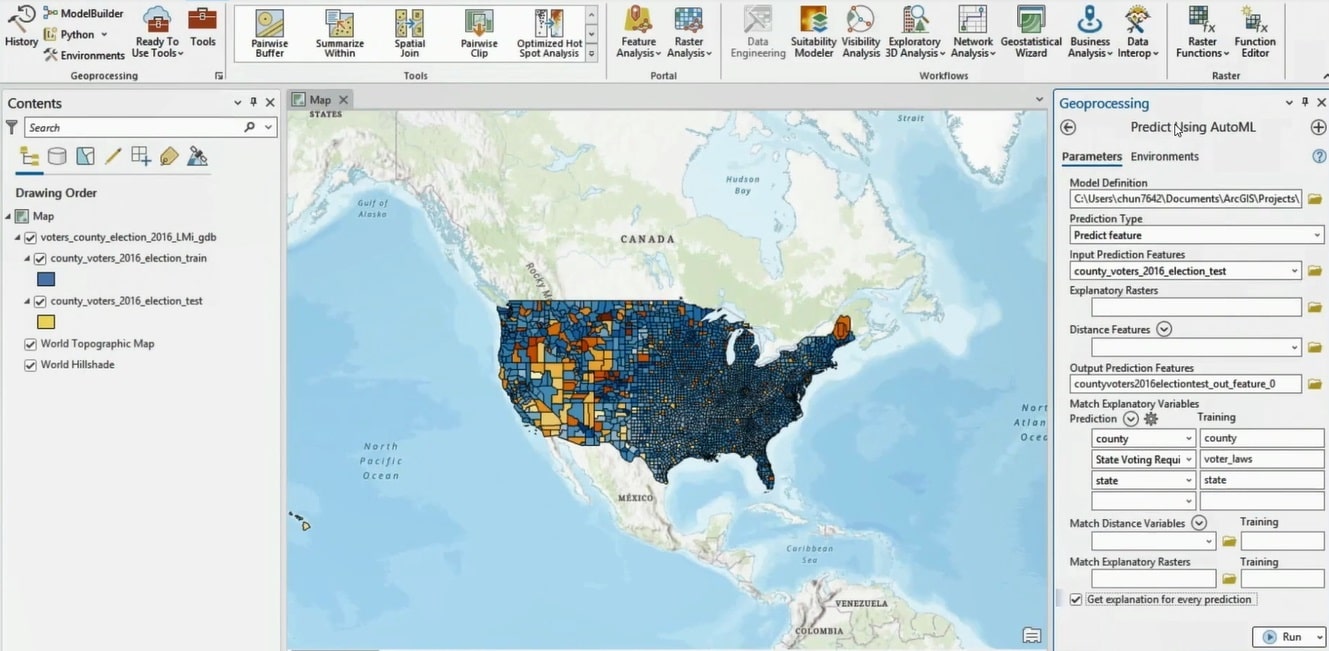In recent years, the growing interest in renewable energy has led many homeowners to consider installing solar panels.
While harnessing solar power can be a sustainable and cost-effective choice, there are several crucial factors to consider before making the investment.
Here are five important considerations to keep in mind:
Table of Contents
Assess Your Energy Needs
Before diving into solar panel installation, it’s essential to understand your household’s energy consumption patterns.
Evaluate your average monthly electricity usage and consider any future changes, such as the addition of new appliances or an electric vehicle.
This assessment will help you determine the appropriate size of your Edmonton solar power system. Opting for a system that meets your current and future needs ensures you generate enough electricity to cover your usage, maximizing the return on your investment.
Evaluate Your Roof’s Suitability
The effectiveness of your solar panel system depends significantly on the orientation and condition of your roof.
A south-facing orientation is generally ideal for capturing maximum sunlight throughout the day, but east or west-facing roofs can also be viable.
Additionally, consider the tilt angle, shading from nearby structures or trees, and the overall condition of your roof.
If your roof requires repairs or replacement in the near future, it’s advisable to address these issues before installing solar panels to avoid complications and additional expenses down the line.
Understand the Local Regulations and Incentives
Solar panel installations are subject to various local regulations and building codes. Before proceeding, familiarize yourself with the permitting process, zoning restrictions, and any other requirements imposed by your local government.
Additionally, research available incentives and rebates that can significantly reduce the overall cost of your solar panel system.
Many regions offer tax credits, grants, or other financial incentives to encourage renewable energy adoption. Taking advantage of these opportunities can make the initial investment more financially viable.
Consider Your Budget and Financing Options
Solar panel installations involve upfront costs, and while the long-term savings are substantial, it’s crucial to assess your budget and explore financing options.
Evaluate whether you can afford to purchase the system outright or if financing, leasing, or power purchase agreements (PPAs) are more suitable for your financial situation.
Each option has its advantages and drawbacks, so carefully weigh the upfront costs, long-term savings, and ownership implications to determine the most cost-effective approach for your circumstances.
Research the Right Solar Panel Installer
Choosing a reputable and experienced solar panel installer is key to a successful and efficient installation.
Research potential installers by reading reviews, checking their credentials, and asking for references.
A qualified installer will assess your property, provide accurate estimates, and guide you through the entire process.
Additionally, inquire about warranties, maintenance, and monitoring services offered by the installer to ensure the longevity and performance of your solar panel system.
Other Important Considerations
In addition to the five key considerations mentioned earlier, there are several other important factors that readers should keep in mind when contemplating the installation of solar panels:
- Maintenance Requirements: Understand the maintenance needs of your solar panel system. While solar panels are generally low-maintenance, occasional cleaning and inspections are essential to ensure optimal performance.
- Battery Storage Options: Consider incorporating battery storage into your solar panel system. Energy storage solutions, such as solar batteries, allow you to store excess energy generated during sunny periods for use during cloudy days or at night.
- Community and HOA Restrictions: Some neighborhoods have specific guidelines or aesthetic requirements that may limit the placement or appearance of solar panels. Ensure compliance with these regulations before proceeding with the installation.
- Government Policies and Energy Markets: Keep an eye on government policies and energy market trends. Changes in regulations, incentives, or utility policies can impact the economics of solar power.
- Technology Advancements: Stay informed about advancements in solar technology. The solar industry continually evolves, and new technologies may offer improved efficiency and cost-effectiveness.





